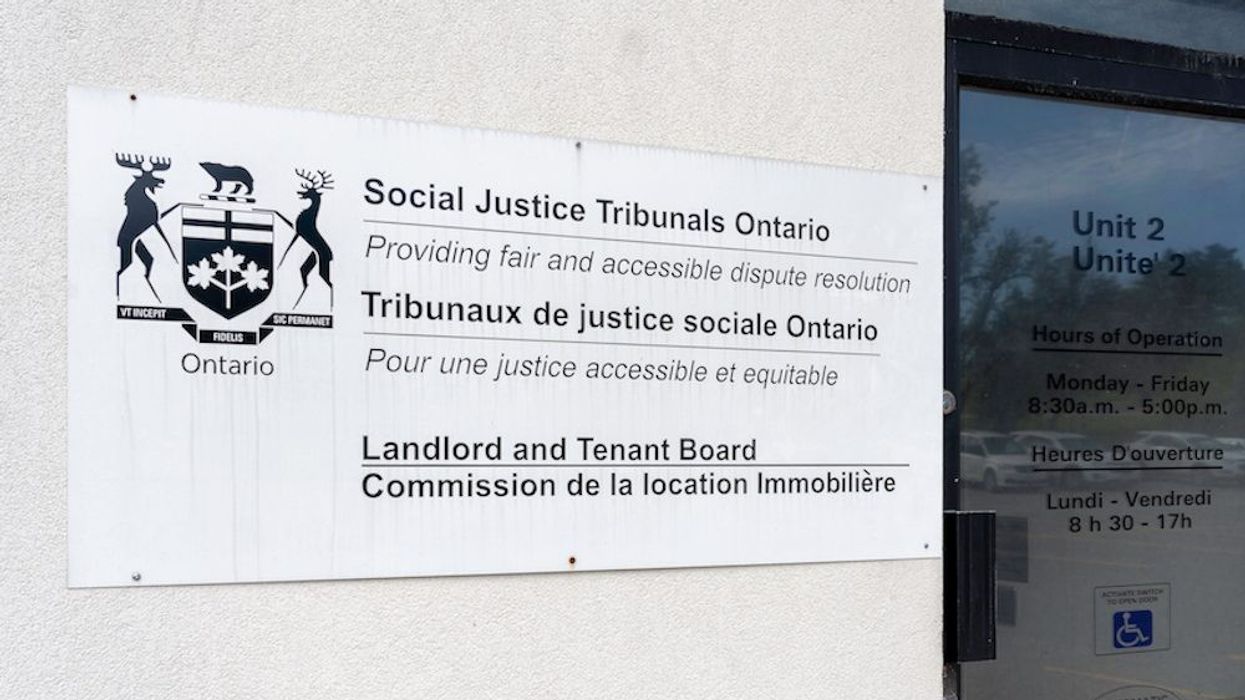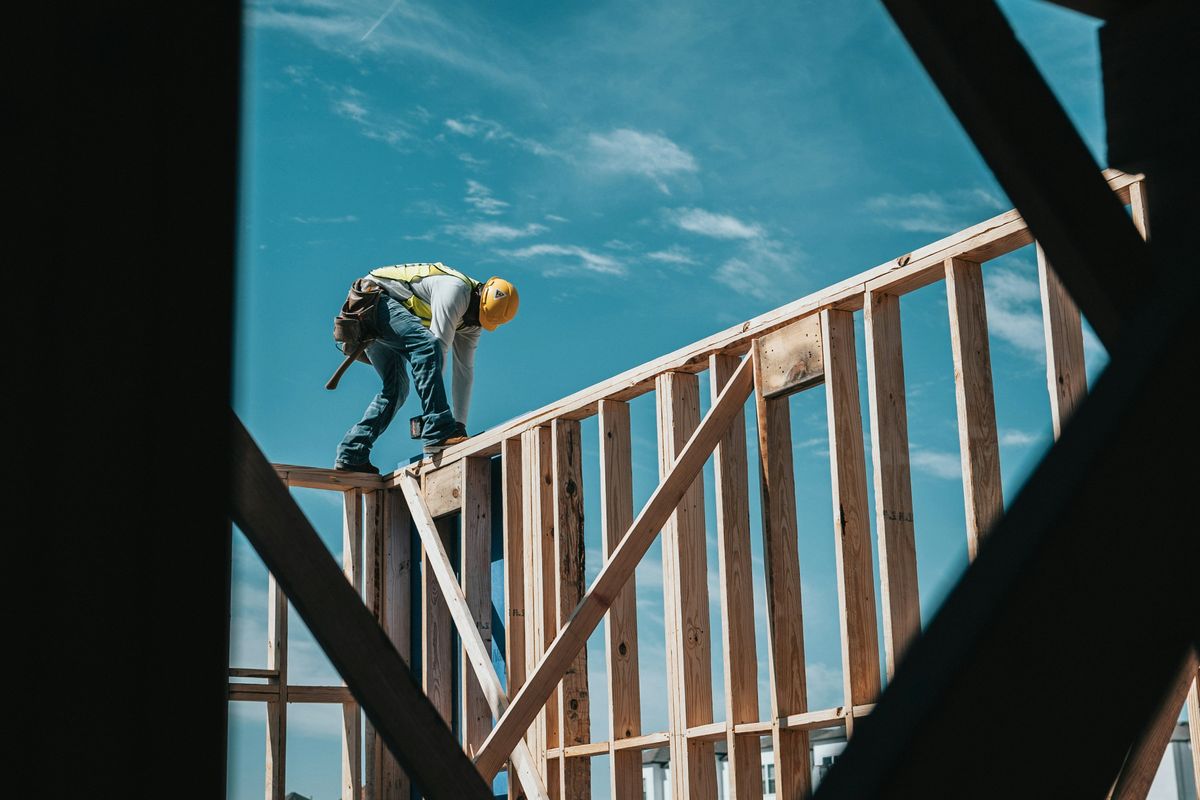Ontario's landlords and renters alike are facing "excruciatingly long delays" at the Landlord and Tenant Board (LTB), sometimes up to two years, as the backlog of cases has now grown to a staggering 38,000.
This is according to a new report from Ombudsman Paul Dubé, released on Thursday, detailing issues with the frustratingly slow-moving LTB, as well as a list of recommendations to fix them.
"The phrase 'perfect storm' is often overused, but it is undoubtedly apt in the case of the now-endemic delays at the Board," Dubé writes. "A combination of an election, change of government, antiquated technology, a host of inefficient practices, and a global pandemic contributed to a situation in which the Board has been overwhelmed by a multi-year backlog of tens of thousands of applications."
Scheduling hearings previously took the LTB a matter of days, Dubé notes. Now, it "takes an average of seven to eight months -- and scheduling of some tenant applications can take up to two years." Making matters worse, applicants that do eventually get heard are often left waiting for "significant periods" for orders to be issued.
READ: Ontario Investing $6.5M to Hire More Landlord and Tenant Board Staff, Tackle ‘Renovictions’
These delays, Dubé says, have had "immense negative impacts" on thousands of landlords and tenants. "We heard from many of those trapped in the queue on both sides of the landlord/tenant relationship – some forced to live in unsafe and substandard conditions, and others facing financial ruin," he wrote.
Although lengthy LTB wait times became common knowledge over the past few years, the report says that early signs of a crisis at the LTB emerged shortly after the 2018 provincial election. At that time, the number of adjudicators dropped off, affecting the LTB's ability to respond to applications. By the time the pandemic hit in 2020, the backlog had reached 20,000 applications, and the move to online hearings and moratoriums on evictions did not help.
The LTB struggled with outdated technology, Dubé says, limiting its ability to pivot when the pandemic hit. And when they did switch to better tech in 2021, there were a number of technical glitches the LTB had to deal with.
"While I recognize that in recent years the Board has had to manage some challenges arising from circumstances beyond its control, my investigation identified a host of inefficiencies that have also contributed to delays," the report reads.
Dubé identified needed improvements in just about every step of the process from member recruitment and appointments to applications screenings, triaging, scheduling, order issuances, and monitoring outstanding orders. Ultimately, he deemed the conduct of the LTB "unreasonable" under the Ombudsman Act.
A number of Dubé's recommendations are aimed at the Government of Ontario, including legislative changes that would eliminate potential reductions in adjudicative capacity connected with elections. He does acknowledge, however, the provincial government's recent efforts to ramp up LTB processing times, including its $6.5M investment to hire 40 adjudicators and five staff. Still, Dubé highlights a need to enhance operational stability and improve internal processes.
"As the evidence we gathered in this investigation clearly demonstrates, the current state of the Board -- reflected in the experience of thousands of Ontarians who came forward to us -- is one where administrative justice delayed is fairness denied," Dubé wrote. "The timely and efficient service to which the public is entitled from the Board has not been a reality for many years."
Both the government and the LTB have accepted Dubé's recommendations and have pledged to report back on their implementation.





















